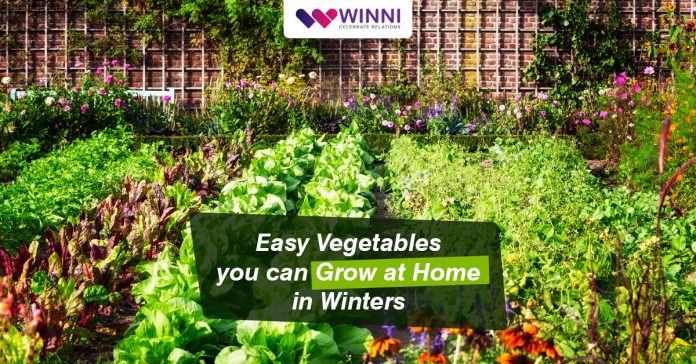Did you know that there are multiple easy vegetables that you can grow at home in winter? In fact, growing your own vegetable garden is more beneficial than you think. Besides being a nutritious alternative, they are also cost-effective. Organic vegetables promote mindfulness and increase vitamin D levels by avoiding harmful pesticides and chemicals. Also, taking care of them keeps you engaged in a rewarding and sustainable activity. The best part is they make the food taste better. What more could you ask for? On that note, here are some easy-to-grow vegetables that can flourish in winter along with essential tips for their care.
Broccoli
Broccoli is a cold-tolerant vegetable packed with nutrients that reduce cancer & diabetic risk, promote skin health, boost the immune system, and so on. To grow it at your place, plant the seed in well-draining soil and provide adequate spacing. With regular water and organic mulching, you can enjoy the nutritions of mature broccoli.
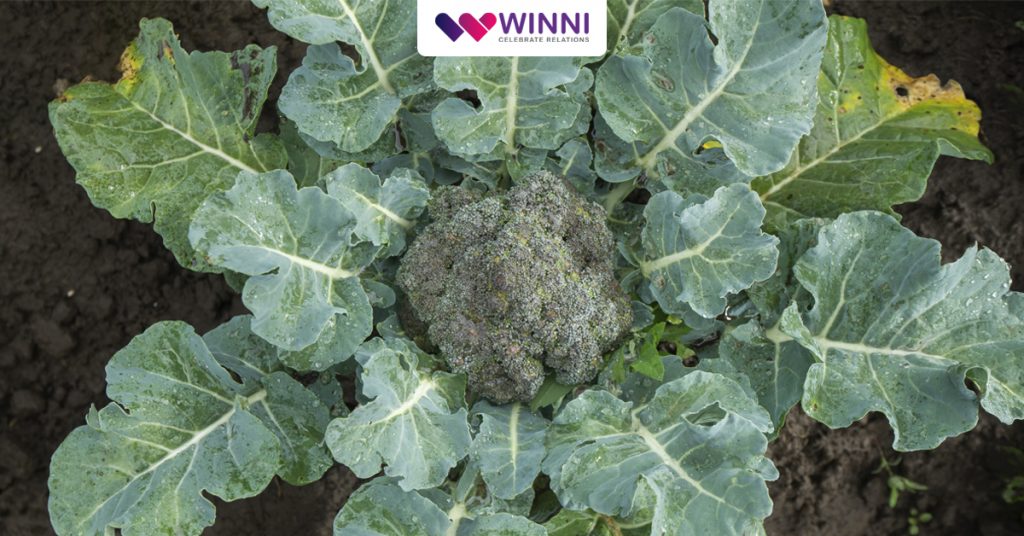
Carrots
Carrots can be the most versatile and cost-effective addition to your winter garden. To get the best red veggie, plant it in a sunny spot with loose soil. Also, ensure consistent watering to regulate temperate and control moisture. For easy root growth, you can also cover the carrot bed with a layer of straw.
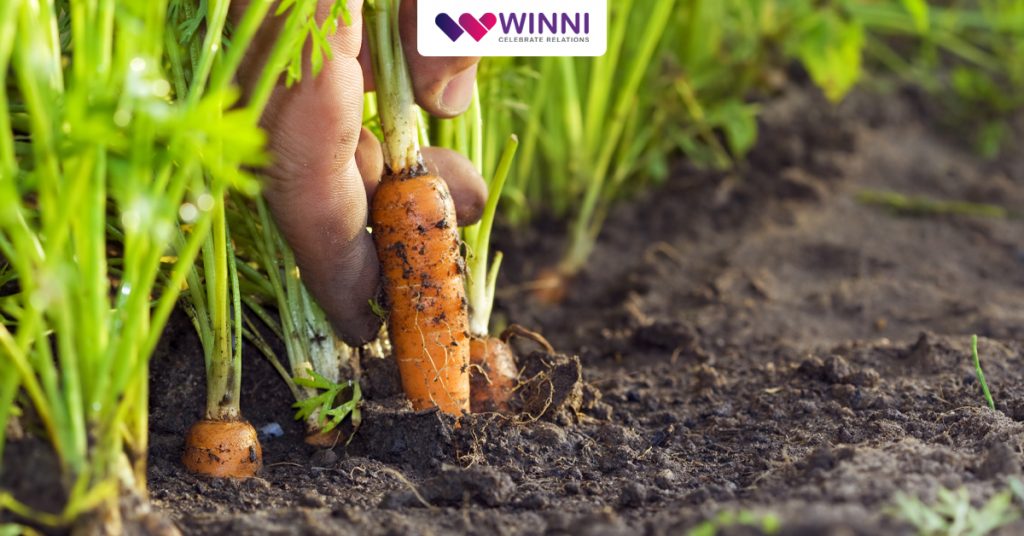
Beetroot
To plant beetroot at your home in winter, choose a well-drained and nutrient-rich soil to plant the seeds and ensure proper spacing while doing so. Like other veggies, they also need consistent water. However, you might need to apply organic mulch to regulate soil temperature. Consider your beetroot fully grown when it appears around 2 to 3 inches in diameter.
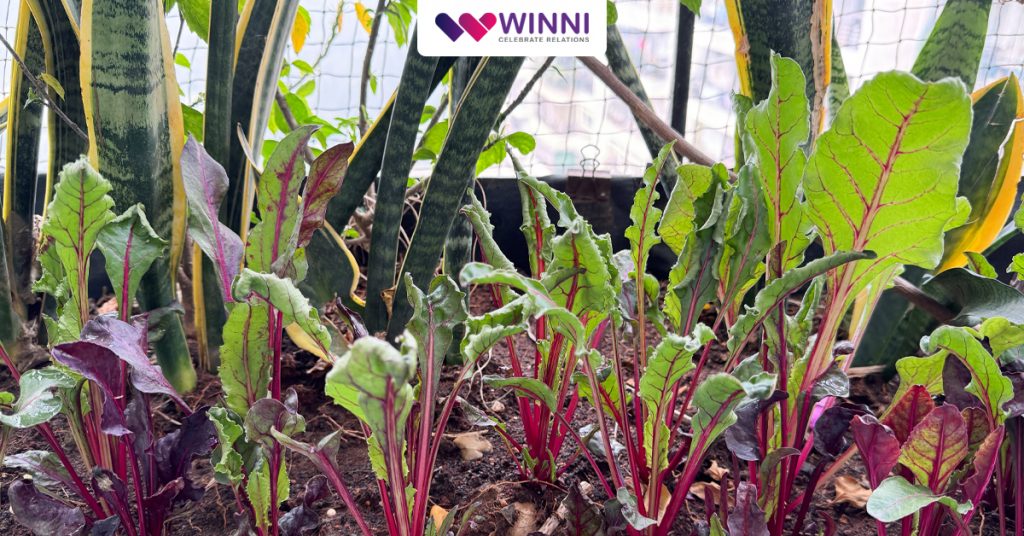
Capsicum
With the right soil and a little care, you can take advantage of a homegrown healthy capsicum or bell peppers. In a non-frosty season, plant your seedlings in enriched soil in a sunny location. As the plant starts to grow, provide them with support and water consistently when the soil dries out. In case the day is chillier than expected, cover the capsicum plant with a cloth.
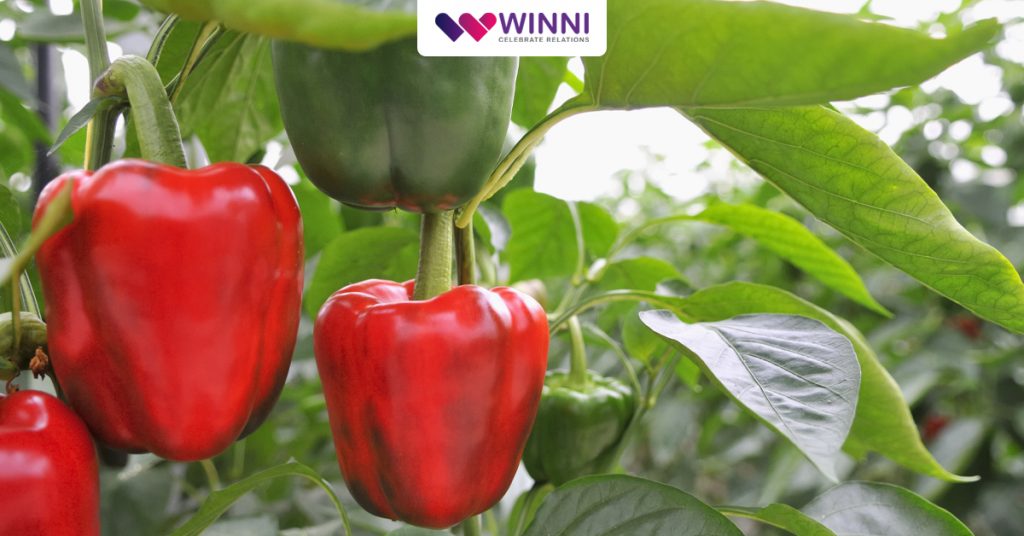
Lettuce
Lettuce has several varieties, out of which arugula and winter gem are the best to thrive in cool temperatures. Whichever you choose, make sure to plant them in nutrient-rich soil in a partially shady area. To get fresh and crisp leaves for your salads and sandwiches, water your plant consistently to retain moisture.
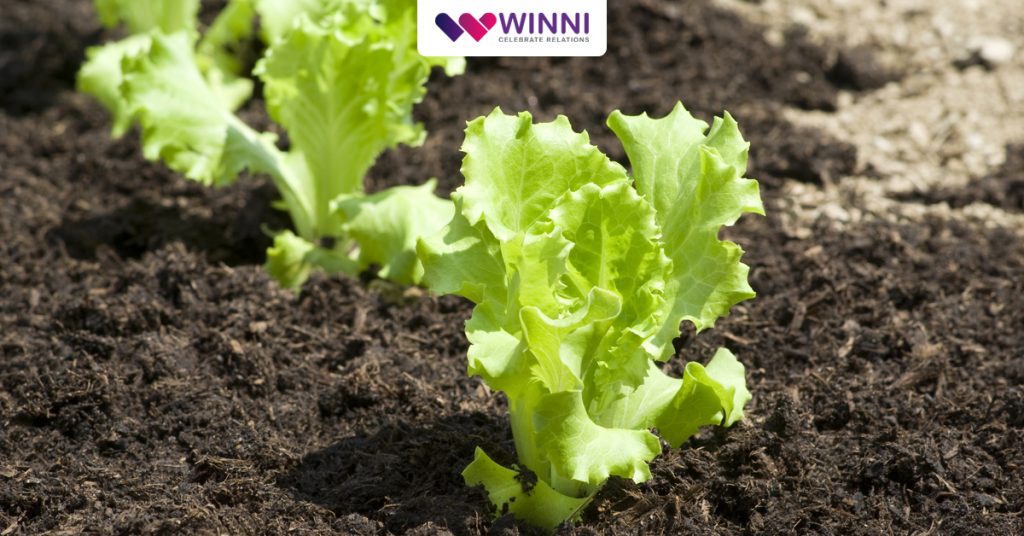
Radish
Compared to other vegetables, radishes grow quickly and can be a delightful addition to your winter diet. All you need to do is sow radish seeds into well-draining soil while giving them a thin layer and proper space. Of course, watering them consistently is the main key to getting the desired growth and peppery crunchiness.
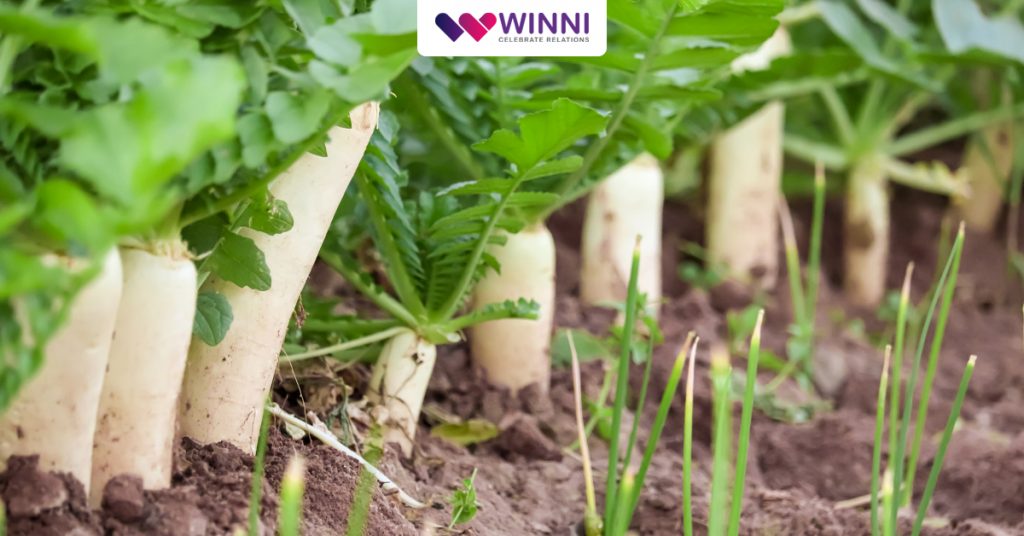
Spinach
As a green leafy vegetable, spinach is a powerhouse of nutrients and an excellent choice for winter gardening. The vitamins and minerals-rich veggies can even be grown in containers or on the ground. Some of its necessities are well-draining soil, regular water, and ample sunlight. In addition, make sure to pick out outer leaves to keep the plant growing and cover young leaves from frost by covering them with cloth.
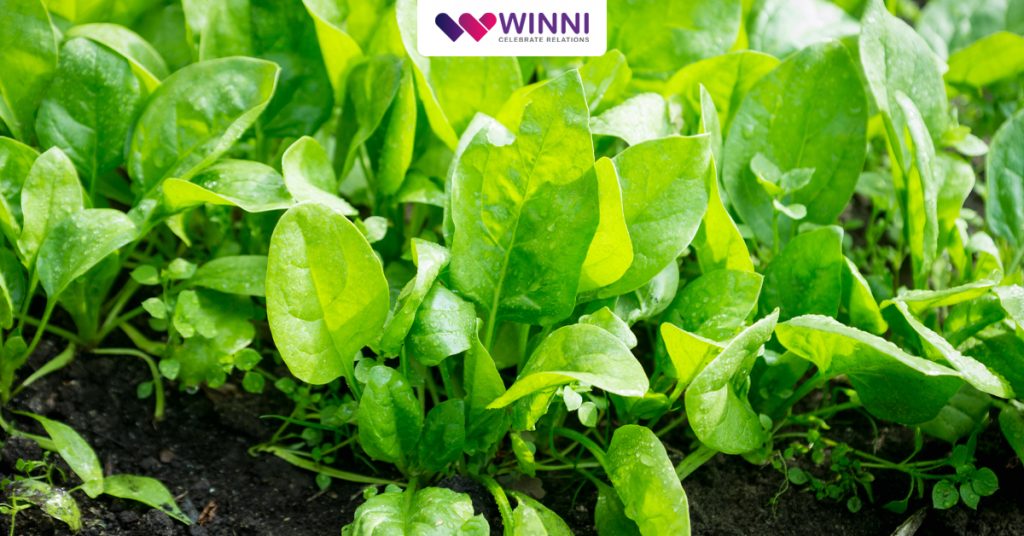
When the temperature drops down, gardening allows you to connect with nature. In addition, organic vegetables provide numerous health benefits and stimulate happy hormones. With these easy vegetables, you can enjoy a season full of flavor, nutrition, and a healthy pocket!

